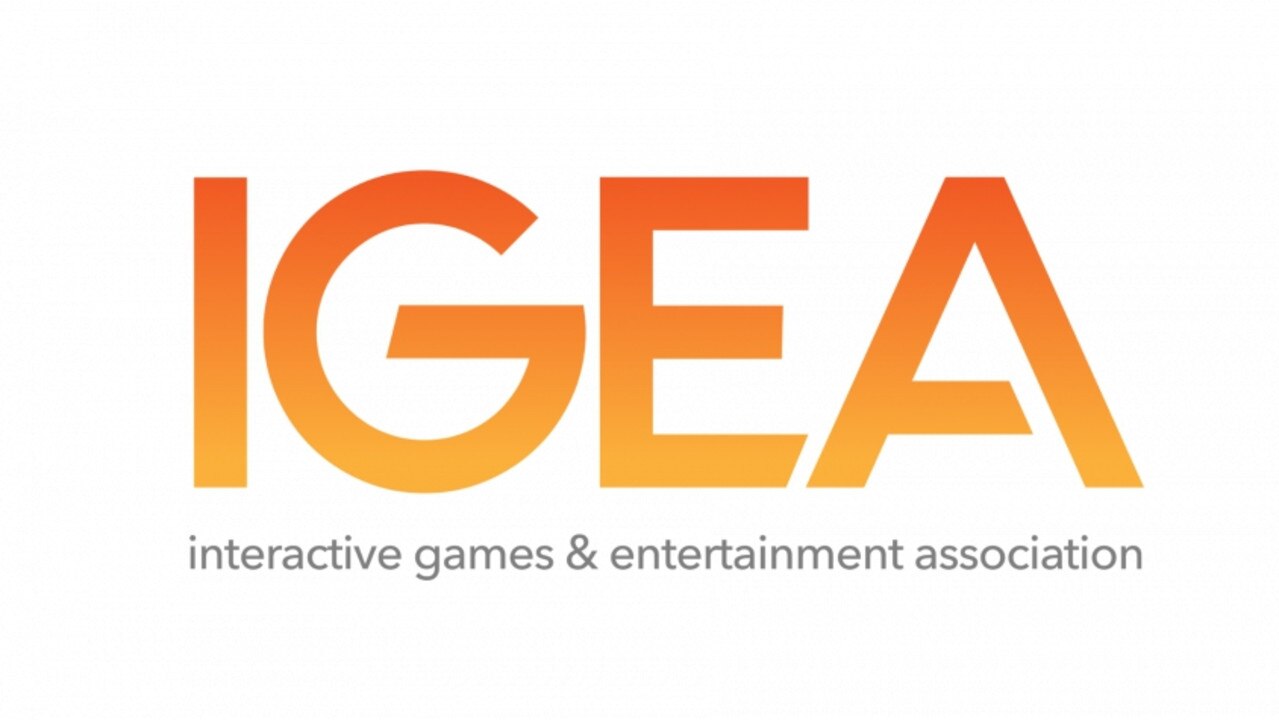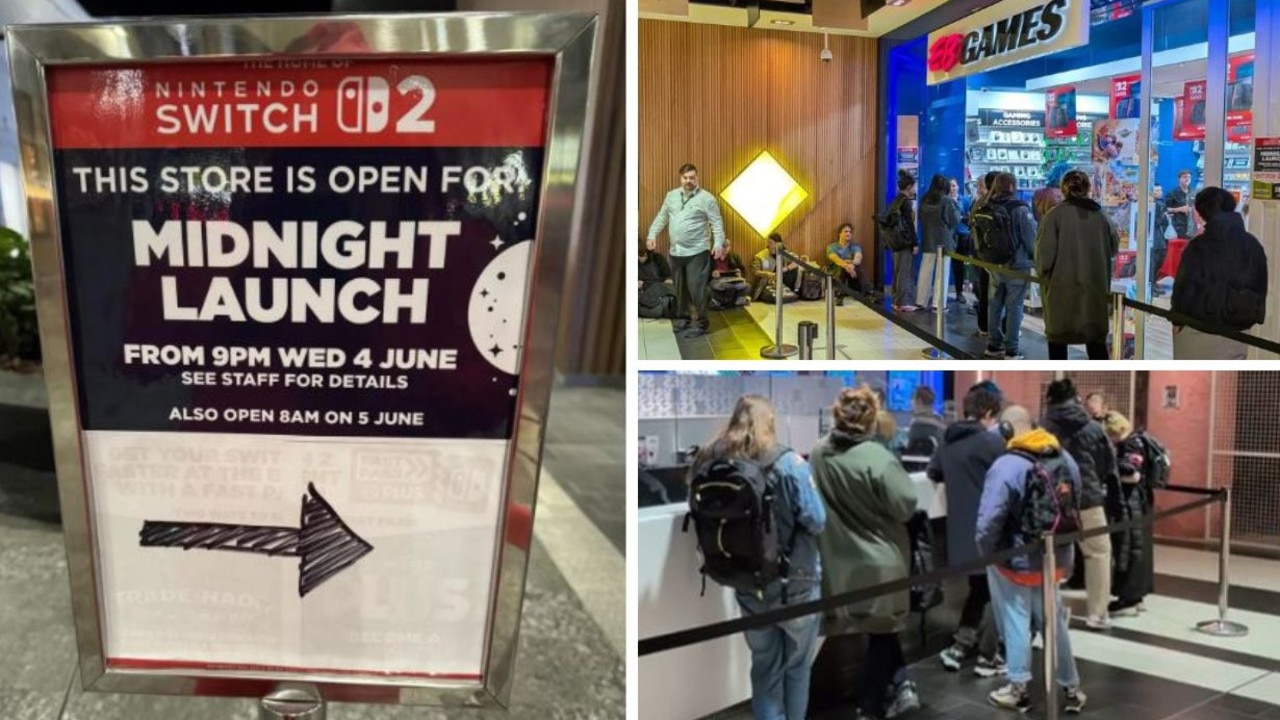Aussie games industry doing better than ever
A report from the peak games industry body IGEA has shown that the Australian games industry has almost doubled in size in the last six years
The peak games industry body in Australia has released a report that shows the games industry in the country is doing incredibly well, almost doubling in size in the last six years.
The Interactive Games and Entertainment Association (IGEA) released the results of the sixth annual Australian Game Development Survey, and things are looking good for the industry. IGEA’s report says that over 770 new jobs were created in the games industry in the last year alone, despite restrictions on migration limiting the talent pool.
Over the last six years, the Australian games development industry saw a 148% increase in revenue for Australian studios, with 26% growth just in the previous year alone. The industry has grown to include 2104 full-time employees across every state, with 73% of studios having staff in multiple locations.
Game developers welcomed the new tax offset, the Digital Games Tax Offset or DGTO, when it was introduced to parliament by the Albanese government last month. The new law would, when passed, offer a 30% tax offset to Australian developers working on projects with a budget of $500,000 or more.
“There’s positive growth in the industry, right across the games development industry,” IGEA CEO Ron Curry told GLHF, “And some of that growth is predicated on the [Digital Games Tax Offset]. But access to talent is a factor too, and we need a visa scheme that is friction free and that allows Australian developers to find the right talent”.
That talent isn’t only coming from overseas, however. The Covid-19 pandemic closed the borders and more or less stopped immigration in the games industry, according to Curry, meaning that the vast majority of the growth has been from Australian talent.
While some of the growth in the industry comes from big companies, a lot of it is coming from smaller studios. Games like Moving Out, Unpacking, and Cult of the Lamb, all Australian developed, have been smash hits both locally and overseas, and over 85% of revenue for Australian games coming from outside of Australia.

In such a huge industry, Australia is punching well above its weight, with growth coming “on the back of a great product”, and the industry is only going to get bigger in the coming years. 69% of game development studios say they’re planning on hiring new staff by the end of this financial year, which IGEA estimates will add a further 300 employees to the industry.
Curry says that while the government is making positive steps forwards, especially with the Digital Games Tax Offset, there’s “not enough detail” right now. However, relying entirely on the government isn’t the goal of the Australian games industry. Instead, Curry says, the games industry needs to prepare itself for potential changes in government, and become self-sustaining in the long-term.
The DGTO is a good start for attracting larger games companies, and Curry says that when it passes, it will level the playing field, with “one of the most generous schemes in the world” for game developers.
“If the funding does what it says it’s going to do, then there’s a much better chance that that funding will continue. The idea is to have a really well-supported ecosystem, from start-ups to big enterprises, and that whole ecosystem needs to work together with governments at both the state and federal level”.

Still, Curry thinks that there’s a lot of room for improvement from the government, particularly when it comes to the classification of video games.
“10, 15 years ago we were fighting for an R18+ rating, and now we have that,” Curry said, “We have that now, and the government has made small changes, but we need wholesale change to the classification scheme.”
“The classification scheme was built for an analog world, and it’s been a long time since we lived in that world. It’s not like there’s 400 games a year getting released anymore too, there’s tens of thousands of games released every year. That’s just not the industry anymore, we’ve got games as a service, we’ve got potentially the metaverse, and how do you classify those? How does a scheme that’s 20 years in age adapt? I don’t think it can adapt anymore”.
Independent MP Andrew Wilkie took aim at video game loot boxes last month with a new private member’s bill that would give any game with paid, randomised loot mechanics, often called loot boxes, an instant R18+ rating. It would also require retailers and digital distributors to verify the age of all purchasers.
Written by Oliver Brandt on behalf of GLHF.





